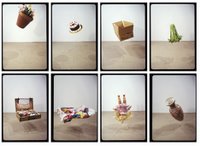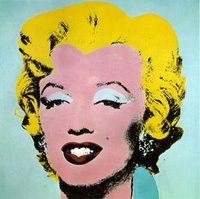
We sometimes get the wrong impression about prayer. There is too often a magical aroma about it. An over emphasis on the intercessory elements that longs for God to intervene and nothing else. Wishing ourselves and others out of situations by divine intervention is a forceful motive not only for praying but for religion itself. This is the religion that Karl Marx so aptly described as the “opiate of the masses.” Hanging onto the unbelievable to help the persistent drudgery of life have spark and meaning. The fear that we will just accept the status quo of our lives because we are holding onto a picture of what ought to be. The miracle and supernatural of prayer may be a little more than what we assume, if we dare. The prayer life needs expanding to appreciate the contemplative mode of spiritual living.
The little poem sums it up:
“A wise old owl
lived in an oak;
The more he saw
The less he spoke.
The less he spoke
The more he heard.
Why can’t we all be
Like that bird?” ( Old nursery rhyme, Alive in Christ by Maxie Dunnam)
Prayer becomes more a time of careful reflection on the elements of our life before action. The environment we live in, the voice of others, the scriptures, and the whispers in our heart and head. This is the prayer that understands first in silence before it acts with the precision of God. This surpasses the prayer of magic, that just helps us “hang in there” until God does the job. The prayer of contemplation, that sees, listens, and learns, is the prayer that allows the heart to be changed by God so that it can now be of heavenly use in transforming the so called reality of our world. It is prayer that allows God to change us not transport us?













